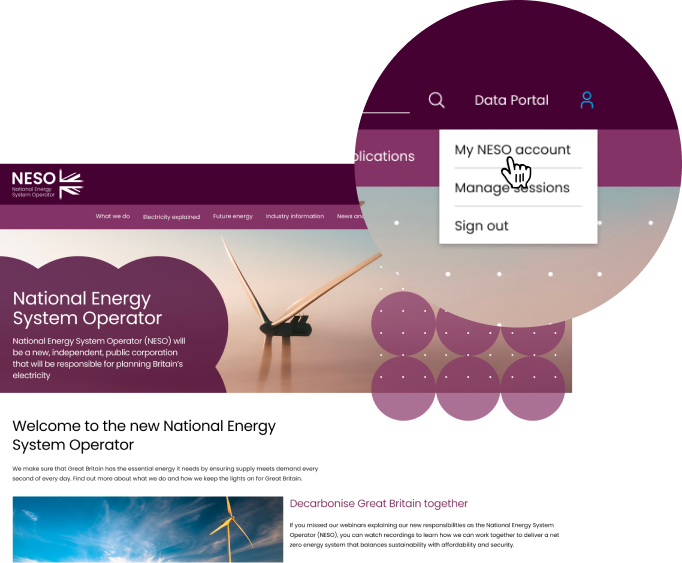Working on the most important back up plan you’ve never heard of
In our latest article profiling interesting roles at National Grid ESO, Senior Contracts Manager Steve Miller explains his role securing Black Start contracts.
Can you tell us about your current role?
I work in market services. We’re responsible for the procurement and supply of ancillary services for our control room – all the tools our engineers need to help balance supply and demand.
My role is specifically focussed on contracting with Black Start providers.
In the rare likelihood of a significant blackout which can be anywhere in the country, providers must be able to re-start the grid on auxiliary power and re-energise the system.
These services require the provider to start up its main generator(s), carry out initial energisation of sections of the national electricity transmission system and distribution network, and support sufficient demand to create and control a stable ‘power island’.
To restart the grid, we develop Local Joint Restoration Plans (LJRPs) with the Black Start providers, the transmission owner and the relevant distribution owners. Meaning the control room can pick up the LJRP and initialise the plan to restart the network.
Two years ago, we announced a tender for Black Start contracts and in November 2020 we awarded six contracts from different technology types connected at both transmission and distribution levels. This new approach to Black Start contracts, a competitive tender process, is aimed at broadening the number of generators able to provide services, reducing the dependence on a reducing supply which could lead to inadequate cover and inefficient contracts. It’s all about ensuring the best value for consumers.
What’s your background in the ESO?
I’ve been in the organisation for a long time!
I joined in August 1997 and for 15 years worked in various departments, including customer services; as an Operations Engineer with the Distribution National Control Centre (DNCC) and then the Gas National Control Centre (GNCC).
Eight years ago, I was looking for a career change but wanted to stay within National Grid because it’s such a great company to work for.
I identified an opportunity in the ESO and thought it looked very interesting. It gave me an opportunity to improve other skills, but the role still had an engineering and operational angle. I’ve been in the same role for those eight years and started as service lead for one of our ancillary services, fast reserve.
Since then, I have pretty much managed each of the services we procure and have been doing Black Start for the past four years.
It’s been great to get an overview of everything the team does.
Overall, I love my job. Every day is different, and I particularly thrive on the operational challenges that face us.
How has the COVID-19 pandemic impacted you?
The onset of the pandemic happened very quickly. The reduction in demand wasn’t gradual and therefore as a team we had to create new ancillary services agreements in short notice to manage system requirements. We had to be agile and review our strategy and plan accordingly.
Personally, it’s been very different because I didn’t work from home much. Maybe once every couple of weeks. I used to cycle to work, and I’ve lost that 20 mins getting fresh air before starting work and then being able to switch off before I return home. Since lockdown I’ve been getting up at the same time and logging on right away. I also have that bad habit of leaving my laptop on and checking emails in the evening!
I think physical and mental health are linked and it’s vital to take care of yourself. I make sure I block out an hour at some time during the day to go for a walk/run or take the dog out. When lockdown first started, I took my phone, but now I leave it at home so I can switch off.
It’s been great to spend more time with my wife and kids. I have two teenage boys who are now doing online lessons. Because I’m starting work earlier, I try to have a small break where I can sit with them, eat breakfast and make sure they are set for the day.
This whole experience has taught me to manage my time more effectively, and that’s something which will only help when we return to some sort of normality.
